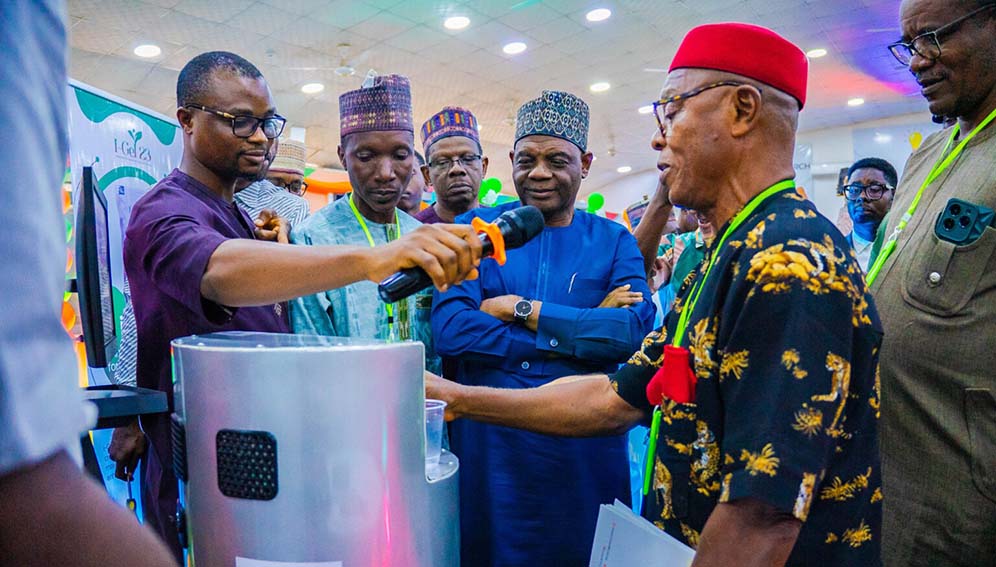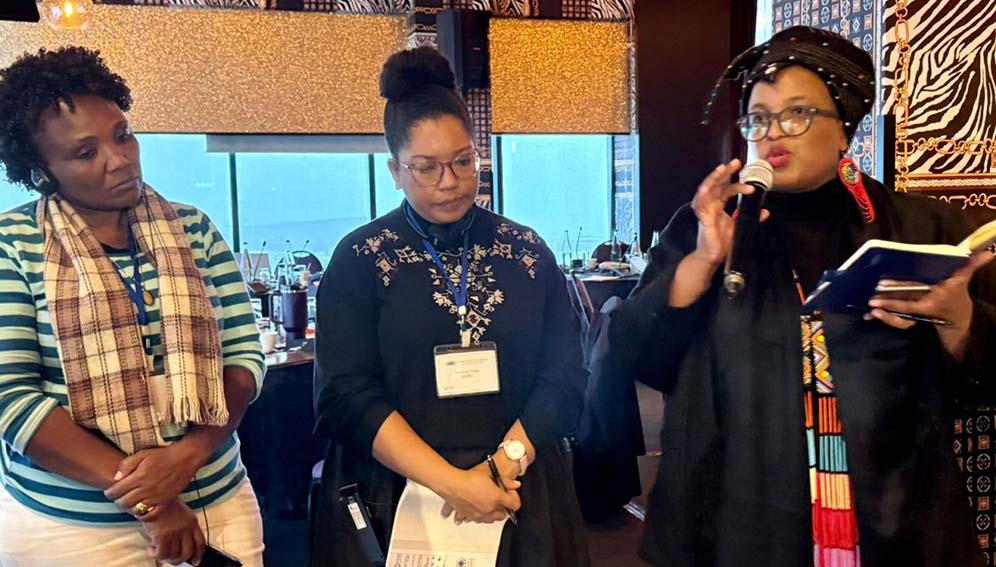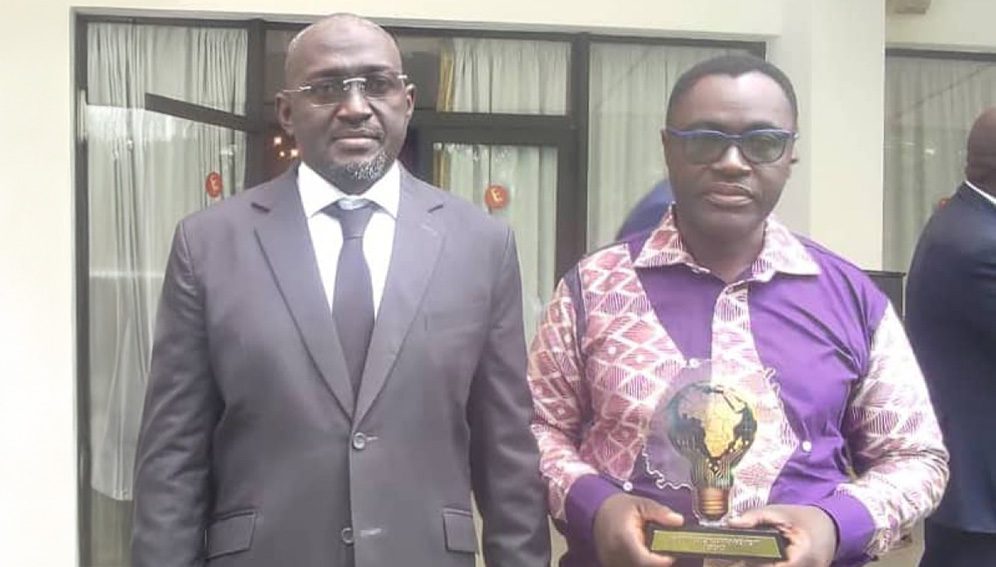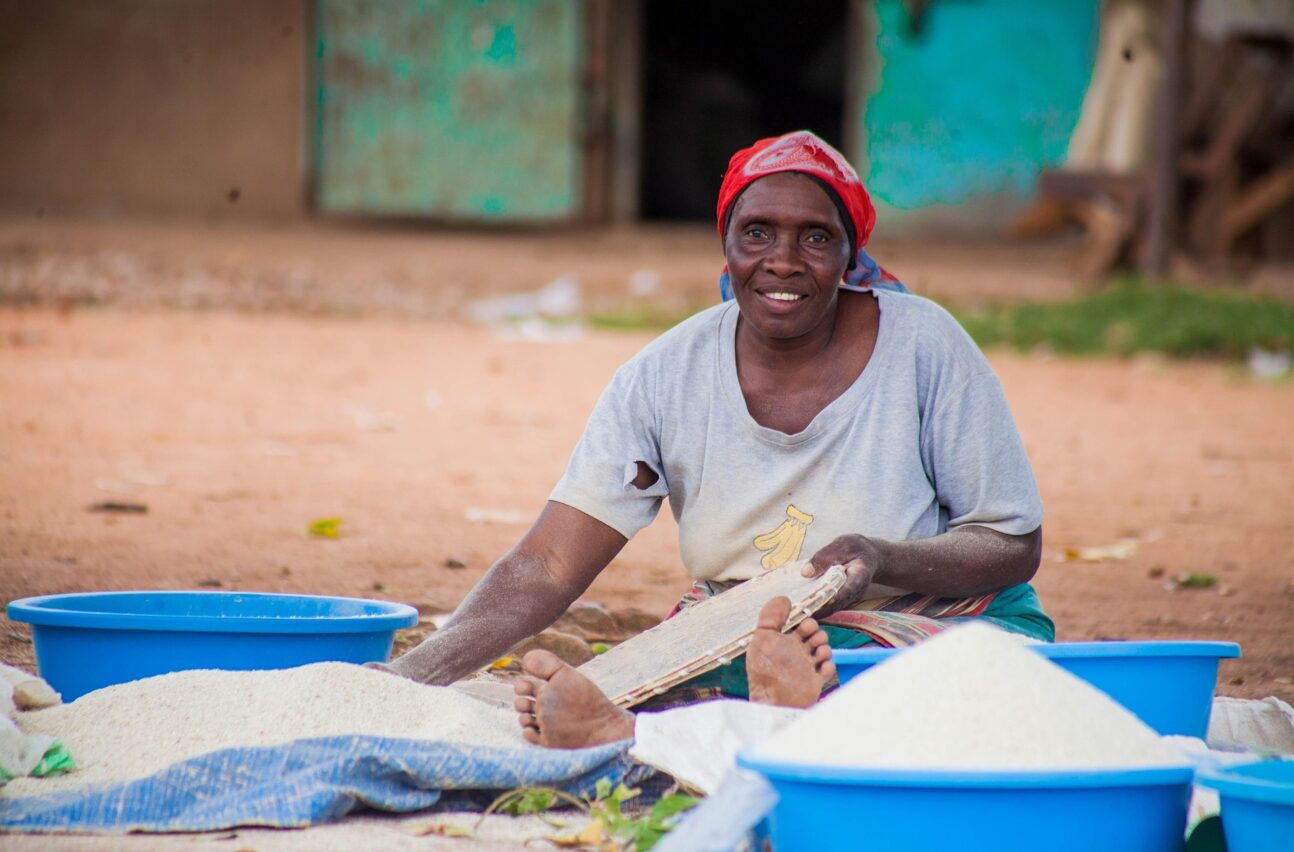SGCI News
6 June 2023 TWAS-DFG Cooperation Visits Programme Based on the agreement with The World Academy of Sciences for the Advancement of Science in Developing Countries (TWAS), the Deutsche Forschungsgemeinschaft…
6 June 2023
TWAS-DFG Cooperation Visits Programme
Based on the agreement with The World Academy of Sciences for the Advancement of Science in Developing Countries (TWAS), the Deutsche Forschungsgemeinschaft (DFG, German Research Foundation) draws the attention of researchers at German research institutions to the possibility of inviting early-career researchers of all disciplines from sub-Saharan African countries to spend three months at their institution in Germany for the purpose of research and cooperation.
The DFG pays the host institution a monthly lump sum of €2,350 to cover the guest’s maintenance costs and visa expenses. In addition, the guest’s flight and rail costs to and from the institution are reimbursed up to an amount of €1,350. The host institution can receive up to €700 per month in funding to cover direct project costs such as material and laboratory costs.
The requirements for proposal submission on the part of the visiting researchers are as follows:
- They must be from a sub-Saharan African country
- They must be engaged in research activity at a university or research institution in a sub-Saharan African country
- They must not have obtained their doctorate before the year 2018. Visiting female researchers with children must have obtained their doctorate no earlier than two years earlier per child (maximum six years in total).
- They must not be currently engaged in any activity in Germany or ongoing research with the host institution.
- The DFG funding instrument Initiation of International Collaboration is available for repeat stays, especially with the aim of developing joint research projects (see link under “Further Information”)
Proposals must be submitted to TWAS by visiting researchers by no later than 6 September 2023. The proposal must also include an official invitation issued by the host institution that specifies the research topic of the cooperation (not a project proposal) and contains information on the infrastructure that will be made available to the guest.
Prior to extending the invitation, hosts are asked to ensure that scientific cooperation with the guest offers sufficient potential. In the case of approval, the host institution is to support the visiting researcher in organising their stay, for example in booking flights and finding accommodation.
The DFG explicitly welcomes proposal submissions by researchers of all genders and sexual identities, from different ethnic, cultural, religious, ideological and social backgrounds, at different career stages, types of higher education institution and research institution, as well as by researchers with disabilities or chronic illnesses.
Further information
Link to the TWAS-DFG Cooperation Visits Programme and all proposal documents required by the TWAS:
https://twas.org/opportunity/twas-dfg-cooperation-visits-programme
Link to the DFG funding instrument Initiation of International Collaboration:
www.dfg.de/bilateral_cooperation
Link to the Information sheet for the host institution in Germany
You can view and access the DFG’s data protection notice on research funding at:
www.dfg.de/en/service/privacy_policy
If necessary, please also forward this information to those individuals whose data will be processed by the DFG due to their involvement in your project.
Contact at the DFG, International Affairs:
Related News
TETFund, Innov8 Hub showcase innovations at research demo day
The Tertiary Education Trust Fund (TETFund) and Innov8 Hub have concluded the Science Granting Councils Initiative (SGCI) Demo Day, an event that highlighted Nigeria’s growing capacity to transform academic research into market-ready solutions. TETFund, Nigeria’s representative council for SGCI, partnered with Innov8 Hub to support…
HSRC pushes for inclusive research systems at SGCI gender summit
The Human Sciences Research Council (HSRC) hosts the Science Granting Councils Initiative (SGCI) Gender Equality and Inclusion (GEI) learning summit and calls for a more inclusive research landscape. The event marked the culmination of a three-year project aimed at embedding gender equity and inclusivity into…
SGCI-funded research wins science prize in Côte d’Ivoire
A Science Granting Councils Initiative (SGCI) funded research has earned national recognition in Côte d’Ivoire. The winner, Rodrigue Adjoumani Kouakou, is the assistant professor of chemistry, physics, and process engineering at the Training and Research Unit for Fundamental and Applied Sciences (UFR SFA) of Nangui…
Research and Resources
SGCI funded projects
Zambia’s top researchers pioneer solutions for climate resilience, food security, economic growth
Project Titles & Institution Areas of Research Number of Projects being funded Project Duration Grant Amount In-Kind Distribution Council Collaboration with other councils





